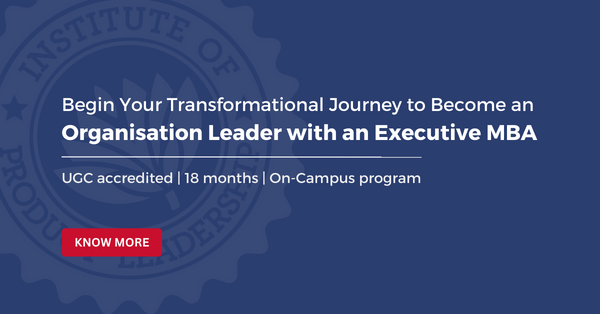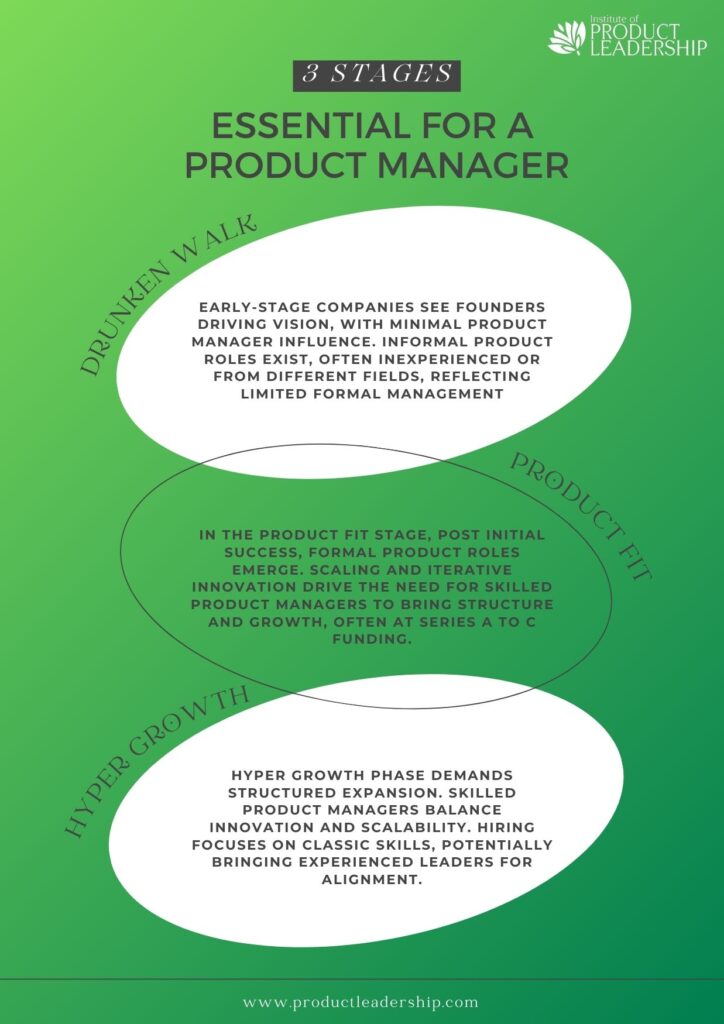The significant differences between working as a product manager at a startup compared to a large company or enterprise present an essential choice to consider in your career. Understanding the distinct phases of a startup journey helps discern how these experiences contrast with established companies.
Neither option is inherently superior or inferior, but they do offer different paths for professional growth and development. Making this choice depends on the specific roles, challenges, and opportunities each environment presents, as well as personal preferences and career goals. Lets understand the difference to figure out which best fits you:
1. Too much to do, too little time vs A meeting to plan for our meeting:
In the context of startups, especially in their early stages, product managers consistently face challenges related to limited resources and time constraints. Balancing stakeholder alignment and addressing customer service tickets are just a couple of the diverse tasks that demand their attention. These constraints present significant hurdles for startup product managers, setting them apart from their counterparts in enterprises. While product managers in larger companies may also experience busyness, their activities differ significantly, often revolving around planning meetings and seeking executive approvals.
Both environments come with their distinct sets of challenges and strengths. Startup product managers excel in managing organized chaos, swiftly shifting from one task to another, while enterprise product managers thrive in making structured cases and handling comprehensive planning processes. It’s essential to note that these preferences stem from individual mindsets rather than assigning value judgments. Certain product managers may find joy and fulfillment in one environment over the other, based on their inclinations and preferences. Understanding these differences enables product managers to make informed career choices and embrace opportunities that align with their mindset and aspirations.
2. Which hat do I wear today vs You’re better than me at this:
In a startup setting, product managers must grapple with the question of which hat to wear each day. Their role demands versatility as they juggle multiple responsibilities, including customer-facing, engineering-facing, and executive-facing tasks. From replying to customer service tickets and writing user research to managing surveys and crafting stories, they develop a broad skill set driven by the necessity to handle various functions within the limited resources of a startup.
In contrast, larger companies emphasize specialization, allowing product managers to focus on specific areas of expertise. This environment encourages delegation and trust in team members who excel in particular domains, like user research or product project management. Working in a larger company fosters skill depth, enabling product managers to become exceptional in their chosen fields.
Having interviewed professionals from both startup and enterprise environments, it is evident that enterprise experience fosters profound expertise in specific roles, such as product ownership or user research. Conversely, product managers with startup backgrounds excel in adaptability, a natural outcome of constantly wearing multiple hats and handling diverse responsibilities. Each environment offers unique learning opportunities and insights, and the experience of depth versus breadth contributes to the product manager’s overall skill set and habits.
3. Later is important, now is critical vs Excellence, even at the cost of speed:
The third crucial aspect revolves around a company’s commitment to both a “bias for action” and “striving for excellence.” While many companies claim these values, achieving both simultaneously is challenging, and only a select few manage to strike the right balance. Typically, startups prioritize a bias for action as speed becomes critical in the early stages, where the lack of agility can prove fatal. In contrast, as companies mature and expand their user base, they prioritize excellence, as the consequences of errors become more significant, impacting user experience, costs, and perception. The perception of large companies being slow and startups being fast stems from the behaviors required for success and the different costs associated with mistakes. Balancing these values effectively is essential for any company’s sustained growth and success, making it a crucial consideration for product managers.







